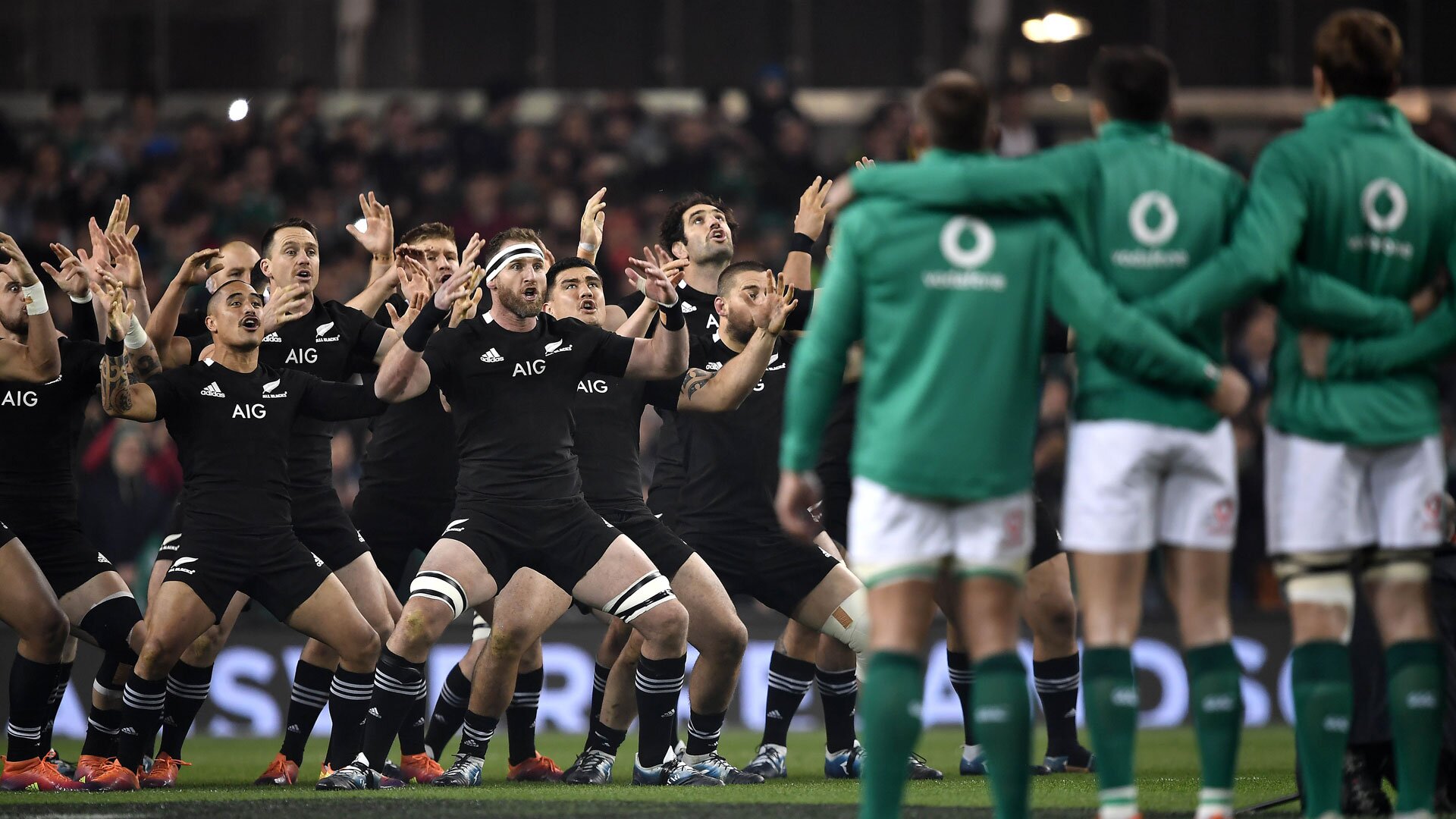Three rare clashes to sink your teeth into at the Rugby World Cup

When the World Cup pools were first announced way back in 2017, it was hard to get too excited about the flagship competition which was still almost two years away.
It’s now less than a month until the first match kicks off, between Japan and Russia.
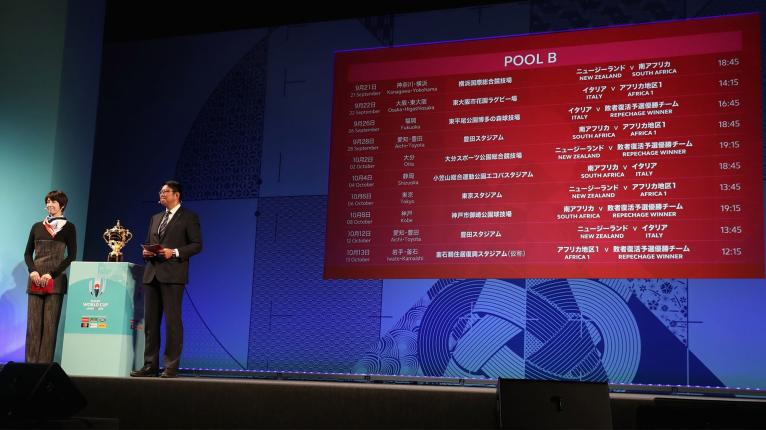
The last year-and-a-half has added a lot of spice to some of the match-ups we’re bound to get a taste of throughout the tournament.
New Zealand, who have been on top of the world for a decade, suffered rare defeats to South Africa, Ireland and Australia. That South African side have gone through a huge transformation and are now shaping up as possibly the tournament favourites. Even the Wallabies have turned on the form in patches, recording their biggest ever victory over New Zealand.
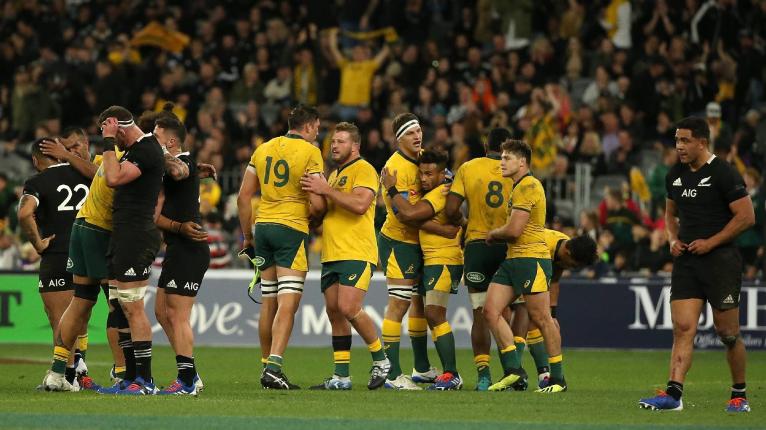
Further north, it’s been a helter-skelter sort of time with England, Ireland and Wales all enjoying periods of dominance over their neighbours.
It’s not just the build-up that means expectations should be high for the 9th-ever Rugby World Cup. A few eagle-eyed fans would have noticed that we’re set for some rare match-ups during the tournament – including some head-to-heads that have somehow never occurred in a World Cup to date.
Mark these matches down on your calendar, folks, they’re sure to be absolute rippers.
Ireland v Scotland (September 22)
The Celtic rivals have managed to navigate 28 years-worth of World Cup competitions with only one clash between them – way back in 1991.
Of course, the neighbours do go hammer-and-tongs at least once a year thanks to the Six Nations. Ireland have had the wood over the Scottish since the turn of the century but up until then it was Scotland who dominated their matches.
The current ledger still has Scotland barely a whisker ahead overall, winning 67 matches to Ireland’s 63. For the final decade of the 20th century, between 1989 and 1999, Scotland actually went undefeated against the Shamrocks.
It should therefore come as no surprise that the first and only World Cup battle between the two sides fell Scotland’s way, with the game ending 24-15. Notably, that match was played in Edinburgh.
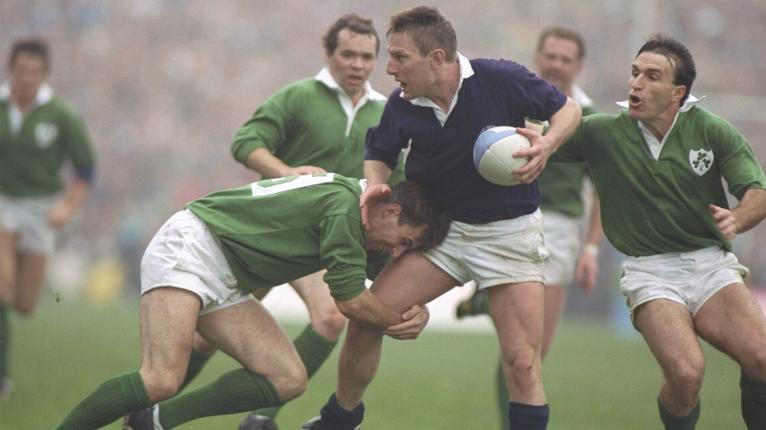
The upcoming 22 September fixture will be the first time that the two nations have clashed at a neutral venue in over 140 years of games.
Looking at the bigger picture, the loser of that match will, at best, likely be tasked with taking apart the winner of the game between New Zealand and South Africa in the quarter-finals. Ireland have never made a World Cup semi-final whilst Scotland last made it to the final four in 1991.
There’s also the small issue of Japan’s emergence as a genuine threat. Japan will have a leisurely seven-day rest before taking on Scotland, whereas the Scots will be coming off a small three-day break. Scotland won’t fancy going into that match dependant on a win.
South Africa v Italy (October 4)
The pool matches will throw out a first-ever fixture just 12 days later when South Africa take on Italy in Shizuoka.
You could be forgiven for assuming that this match will be a walk in the park for the Springboks. After all, South Africa are the champions of the Southern Hemisphere whilst Italy finished dead last in the Six Nations.
Italy, however, know they stand at least a small chance against the Springboks after tipping them over for the first time back in 2016.
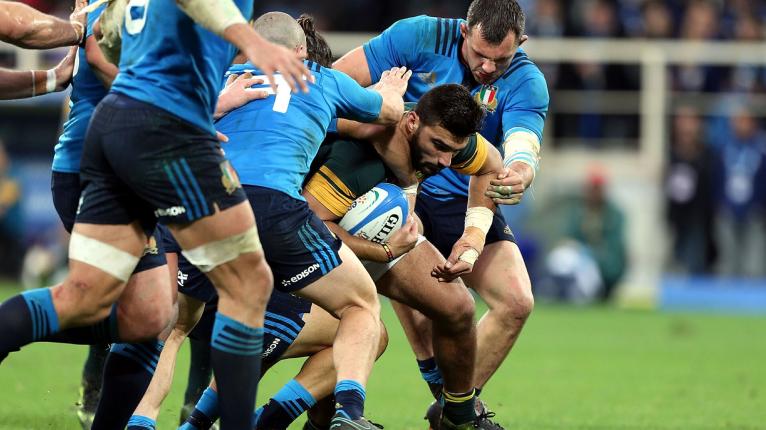
If Italy are to have any shot at earning an historic quarter-final berth then they’ll need to get one over either South Africa or New Zealand. Italy’s closest-ever match against the All Blacks was a 10-point loss at the 1991 World Cup – but they’re more used to being on the side of huge floggings. Italy and NZ have faced off in five separate World Cups, with the accumulated scores reading New Zealand: 348; Italy: 51.
That means that their best shot of booking a spot in the playoffs will be to ambush the Springboks. This match will effectively be a knockout game for the Azzurri, so they won’t be holding anything back.
You can also expect Rassie Erasmus to roll out a full-strength South African side. Expect some fireworks.
South Africa/New Zealand v Ireland (October 19)
One way or another, we’re set for a very rare fixture in the quarterfinals.
Short of one of the above three teams having a cataclysmic loss in form, Ireland will meet either South Africa or New Zealand in the knockout stages of the competition.
Choosing whether you’d rather face the Springboks or the All Blacks in a sudden death match is a lot like choosing which of your kids you love more.
New Zealand and Ireland last played each other in the 1995 World Cup. That match in Johannesburg ended in the All Blacks’ favour, 43-19.
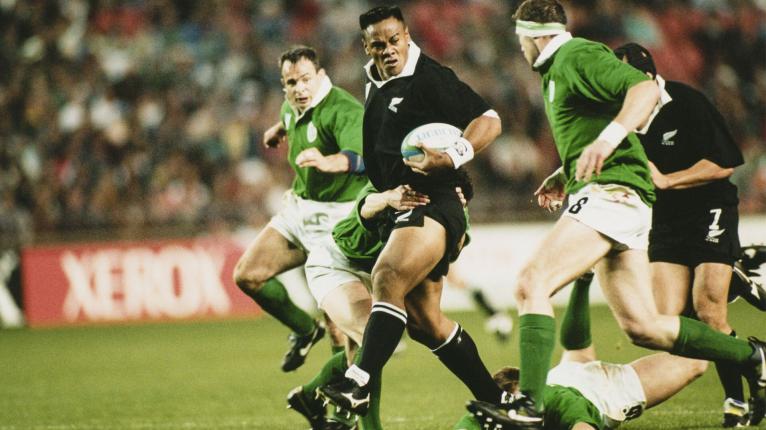
Don’t expect a similar result this year if these two superpowers do end up facing off in the quarter-finals. Although it took 111 years for Ireland to get their first victory of the men in black, Ireland have now won two of the last three matches played between the two sides. They also won the last game played on a neutral ground when the teams took their battle to Chicago in 2016.
Ireland are one of the sides that really trouble the Kiwis due to their ability to retain possession and not give the All Blacks counter-attacking opportunities. Ireland will arguably be the side that New Zealand most fear facing come the knockout stages of the competition.
South Africa have never played Ireland at a World Cup – and they’ll be the favourites to take on the Shamrocks in the quarter-finals.
Despite having a comfortable 18-7 victory count over the Irish, the Springboks have lost six of the last ten games played between the two teams in green.
Their most recent fixture, in 2017, saw Ireland run away 38-3 victors in a comprehensive pasting which will leave the Irish oozing with confidence.
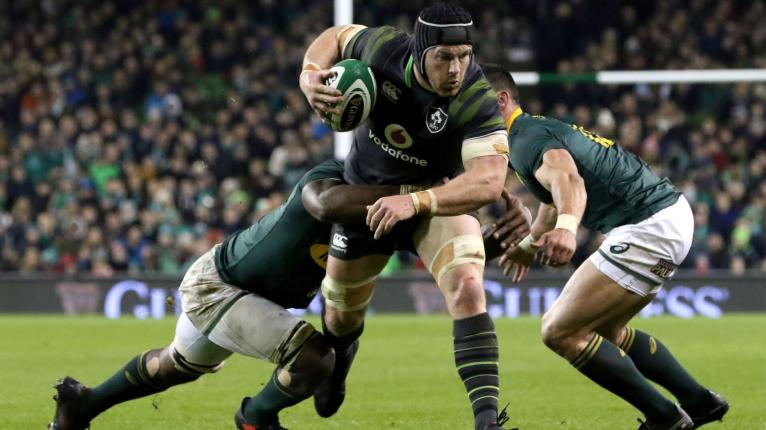
2019 has seen a bit of a turn in the fortunes of the two sides, however, with South Africa suddenly looking like legitimate World Cup contenders and Ireland slipping up against both England and Wales in the Six Nations earlier this year.
When it comes to the sudden-death stages of a Rugby World Cup, you couldn’t ask for two tougher opponents than the pairing of South Africa and New Zealand. They’ve failed to qualify for the semi-finals just three times between them – whereas Ireland have never managed to make the final four.
The October 19 clash will be an absolutely epic encounter. Despite it coming at a relatively early time in the competition, it could well be the match of the competition. The fact that the sides have rarely lined up in World Cups to date just adds some extra spice to the battle.
Don’t be surprised if the winner of this match goes on to take out the World Cup.







































































